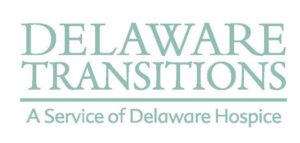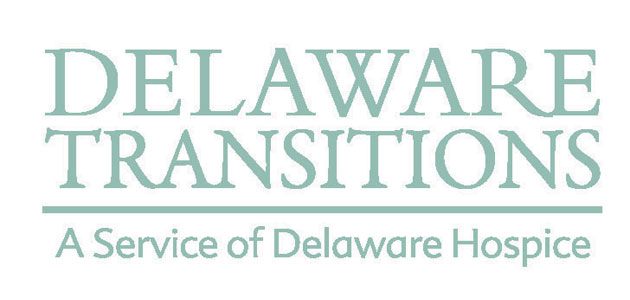Request information about our services
 Serious illnesses such as heart disease, stroke, Alzheimer’s disease, cancer, Parkinson’s disease, liver and lung disease, and kidney failure slowly decrease an individual’s ability to live life to its fullest.
Serious illnesses such as heart disease, stroke, Alzheimer’s disease, cancer, Parkinson’s disease, liver and lung disease, and kidney failure slowly decrease an individual’s ability to live life to its fullest.
The illness drains your energy and spirit and prevents you from managing your basic needs.
Family members are overwhelmed as they juggle new responsibilities along with the old.
Our Transitions program supports individuals and their families who are coping with the progressingly challenging symptoms of a serious illness.
Transitions coordinators provide visits and regular telephone calls focused on identifying your needs and what community resources might be available to help. Regular contact with our caring coordinators and trained volunteers brings a ray of sunshine and hope where it might be urgently needed.
The Transitions program is offered at no cost to individuals and families coping with a life-limiting illness. One Transitions coordinator said, “We often hear from individuals and their caregivers that wish they had known about our services earlier in their illness. They are amazed that we can customize the level of support, depending on their needs, at no charge.”

